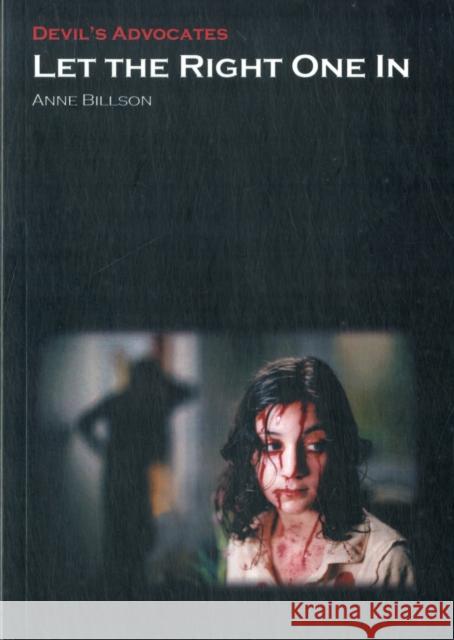Let the Right One in » książka
Let the Right One in
ISBN-13: 9781906733506 / Angielski / Miękka / 2011 / 100 str.
Audiences can't get enough of fang fiction. Twilight, True Blood, Being Human, The Vampire Diaries, Buffy the Vampire Slayer, Blade, Underworld, and the novels of Anne Rice and Darren Shan--against this glut of bloodsuckers, it takes an incredible film to make a name for itself. Directed by Tomas Alfredson and adapted for the screen by John Ajvide Lindqvist, The Swedish film Lat den ratte komma in (2008), known to American audiences as Let the Right One In, is the most exciting, subversive, and original horror production since the genre's best-known works of the 1970s. Like Twilight, Let the Right One In is a love story between a human and a vampire--but that is where the resemblance ends. Set in a snowy, surburban housing estate in 1980s Stockholm, the film combines supernatural elements with social realism. It features Oskar, a lonely, bullied child, and Eli, the girl next door. "Oskar, I'm not a girl," she tells him, and she's not kidding--she's a vampire. The two forge an intense relationship that is at once innocent and disturbing. Two outsiders against the world, one of these outsiders is, essentially, a serial killer. What does Eli want from Oskar? Simple companionship, or something else? While startlingly original, Let the Right One In could not have existed without the near century of vampire cinema that preceded it. Anne Billson reviews this history and the film's inheritence of (and new twists on) such classics as Nosferatu (1979) and Dracula (1931). She discusses the genre's early fliration with social realism in films such as Martin (1977) and Near Dark (1987), along with its adaptation of mythology to the modern world, and she examines the changing relationship between vampires and humans, the role of the vampire's assistant, and the enduring figure of vampires in popular culture.











